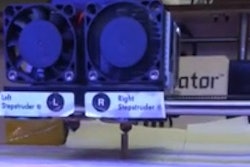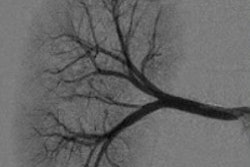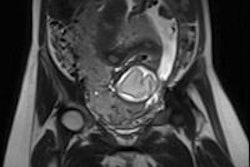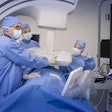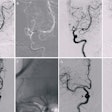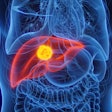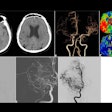Dear AuntMinnie Member,
The Society of Interventional Radiology (SIR) meeting is underway in Atlanta, and you'll find coverage of the conference right here on AuntMinnie.com.
First up is a fascinating article on the use of 3D printing to create drug-delivery tools for fighting pathology ranging from infection to cancer. Researchers from Louisiana found they could create devices such as stents that are customized to a particular patient's anatomy and printed out in 3D using resorbable plastics.
The devices can then be placed under imaging guidance, where they will deliver antibiotics or chemotherapy agents. Learn more by clicking here.
Also at SIR 2015, research is being presented on image-guided treatment for migraines and prostate artery embolization for benign prostatic hyperplasia.
Surf's up at Yale-New Haven
In other news, learn how Yale-New Haven Children's Hospital created a unique MRI suite designed to simulate a day at the beach for children.
It's not just about fun and games: Physicians and administrators wanted to provide an environment that is less intimidating than the usual sterile MRI suite. Child life specialists also work with the patients, and there's a small model of a scanner to help kids understand what to expect during a scan.
Has the suite reduced the need for anesthesia during pediatric studies? Yale-New Haven radiologists haven't studied that yet, but you can learn more about how it's set up by clicking here, or visit our MRI Digital Community at mri.auntminnie.com.
Breast density knowledge
Finally, another paper was published this week on the topic of breast density, this time examining women's awareness of it.
Among more than 1,500 women eligible for screening, about half knew that breast density affects cancer detection and risk, a group from the Mayo Clinic found. Furthermore, the differences in knowledge in the study were associated with income, education, and race.
Get the details by clicking here, or visit our Women's Imaging Community at women.auntminnie.com.





